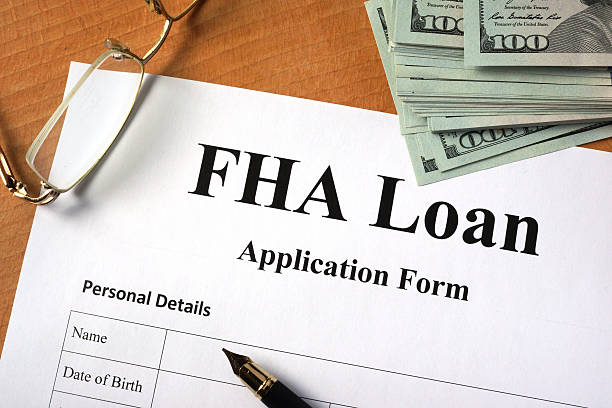VA loans offer valuable benefits to eligible veterans, service members, and their spouses, such as zero down payments and competitive interest rates. However, understanding VA loan closing costs is crucial, as they can affect your financial plan. This guide aims to detail the various fees involved, their typical amounts, and strategies to reduce these costs.
Advertisements
Understanding VA Loan Closing Costs
VA loan closing costs encompass fees associated with finalizing a VA home loan, payable by the borrower during the loan closing process.
Types of VA Loan Closing Costs
Common VA loan closing costs include:
VA Funding Fee: A mandatory fee by the VA to support the loan program, ranging from 2.15% to 3.3% based on factors like down payment and previous VA loan usage.
Origination Fee: Charged by lenders to cover loan processing and underwriting costs, limited by the VA to 1% of the loan amount.
Appraisal Fee: Payment to an appraiser for property valuation, usually around $300 to $500.
Advertisements
Credit Report Fee: Cost of obtaining the borrower’s credit report, typically about $30.
Title Insurance: Protects against property title defects, with costs varying based on property value.
Escrow Fees: Charges for escrow company services, handling paperwork and disbursements, usually 1% to 2% of the loan amount.
Other Fees: Miscellaneous charges like pest inspection fees, flood insurance premiums, and recording fees may also apply.
Average VA Loan Closing Costs
On average, VA loan closing costs typically range from 2% to 6% of the loan amount. For instance, a $200,000 VA loan might incur closing costs between $4,000 and $12,000.
Strategies for Reducing VA Loan Closing Costs
Several approaches can help reduce closing costs:
Lender Comparison: Compare quotes from various lenders to find the most favorable rates and fees.
Fee Negotiation: Negotiate fees with lenders; many are open to reducing closing costs.
Lender Credits: Some lenders offer credits that discount closing costs.
Seller Concessions: Negotiate with the seller to cover a portion of closing costs.
Strategic Timing: Schedule the closing during a slower market period for potential negotiation leverage.
Conclusion
Understanding VA loan closing costs is crucial for a more affordable homeownership journey. By familiarizing yourself with the fees involved and employing strategies to minimize costs, you can make informed decisions, effectively managing expenses associated with closing on a VA loan.
Advertisements






